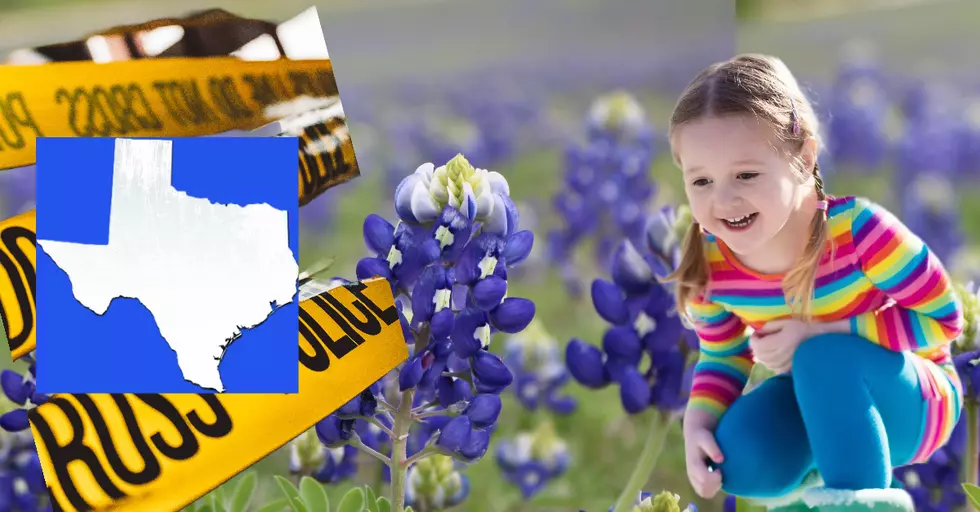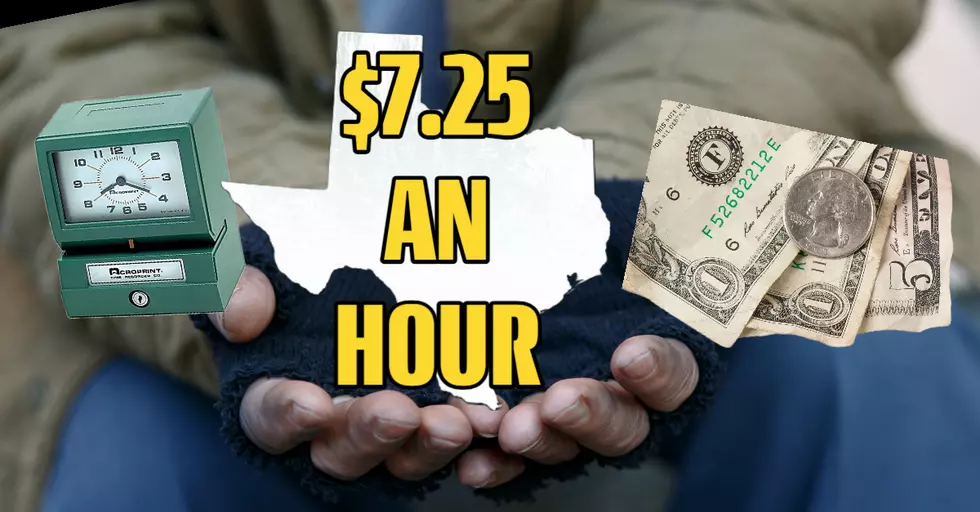
Can you Go To Jail For Picking Bluebonnets In Texas?
There are a lot of stories online about bluebonnets. Bluebonnets are the official state flower of Texas. They usually start blooming in the Concho Valley in late March.
The bluebonnet became the official state flower of Texas in 1901. It was not an overwhelming choice. After much debate, the legislature succumbed to pressure from the National Society of Colonial Dames of America. That organization felt that bluebonnet was a name that paid homage to the many brave Texas pioneer women.
Bluebonnets are flowers of the legume Lupinus subcarnosus. They are also known as buffalo clover, wolf flowers, and in Spanish, el conejo (The Rabbit). In 1971, the Texas legislature also included "any other variety of bluebonnet not heretofore recorded." That allowed the other four species of native Texas bluebonnets to be included as the state flower.
In Texas, there is a bluebonnet trail, an official bluebonnet city, Ennis, Texas, and a bluebonnet festival. The festival takes place in Chappell Hill, Texas. There's even a bluebonnet song.
Ladybird Johnson, the First Lady from 1963-1969, made bluebonnets her mission. Her highway beautification program, encouraging the planting of bluebonnets along Texas highways, is responsible for many of the beautiful bluebonnets visible along our roads today.
With all this love, is it illegal to pick bluebonnets?
There is no law that prohibits picking bluebonnets in Texas, according to the Texas Department of Public Safety. There are some places where it may be illegal or dangerous.
For example, you cannot pick bluebonnets on private property. Likewise, it is against the law to pick, cut, or destroy any plant life in a Texas State Park. Damaging or destroying rights-of-way and government property is also illegal.
Picking a few bluebonnets by the side of the road may not be illegal, but you should not dig up large clumps of flowers and never drive into a field of bluebonnets.
The majestic bluebonnets are a symbol of Texas. While it is not generally illegal to pick them in Texas, why not leave them to flourish for everyone to enjoy?
Endangered West Texas Animals

More From 98.7 Kiss FM









